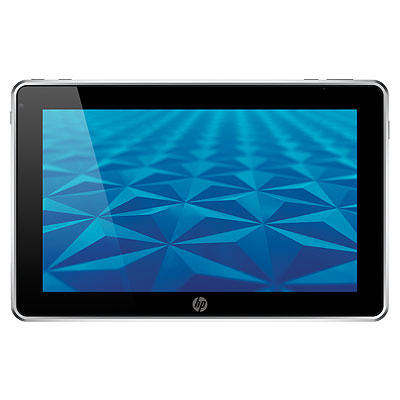I was speaking with a client the other day and we talked about how deploying SharePoint in his small business ($5MM (US), 40 team members) would cost around $15-20K... but if he wanted to, he could spend 10 times that amount. It is the classic problem of the clean canvas. SharePoint can do so many things, in so many ways, that the simple task of just deciding where to start can be a truly intimidating effort.
Full disclosure ... I am a strong and long-time advocate of SharePoint. I believe that it be a transformational force in a company. But the trick is, and always has been, user adoption.
In a recent post on CIO.com, Shane O'Neill cites a September 2010 uSamp survey of 317 US business email users to claim that the biggest hurdle to SharePoint adoption is the familiarity of old work habits. Namely, they use email to enable document sharing and collaboration instead of SharePoint. Over 80% of the respondents say the prefer to email documents over uploading them to a shared workspace, shared drive or a public folder. If you peruse the comments posted in response to the survey, it is easy to detect a certain tone. It is slightly condescending towards users; wondering why they don't seem to understand and acknowledge that SharePoint is so clearly superior to email.
It seems to me that SharePoint evangelists are by and large missing the point. If SharePoint truly is superior to email for sharing and collaboration, users will adopt it. But it many ways, it isn't.
Consider the following. When a new person is added to the collaboration team, how many steps must a normal business user go through to send them the latest version of the document? Using SharePoint? Request that the site administrator grant their account permission to access the workspace. Wait for response. Check to make sure they have access. Send them an email with a link to the document and the accompanying note. And that assumes that the new person already has general access to the site (which can get tricky if that new person is a contractor or consultant without a network account). Now let's review the email process. Open a new email. Attach the document. Write your accompanying note. Click send. Which is easier? More intuitive? Faster?
If your firm is struggling with SharePoint adoption, then most likely it's because IT is asking users to replace their easy and intuitive process with a clunky and hard-to-learn process. If you want to spur adoption, then you have to do three things:
- Focus on SharePoint's strengths, not its weaknesses. It's actually very good for dashboards and content that doesn't change frequently.
- Focus on a specific problem rather than an all-encompassing solution. When users find that truly makes their work easier in one area, they will explore it on their own.
- Focus on the users that are heavy users of MS Office products, like finance, administrative assistants and project managers. They will find more opportunities to take advantage of the tool's strengths than the more casual user.
SharePoint can be a great solution for the right problem set. But information technology professionals need to understand that users don't care about storage space, workflows, or document indexing. They just want to get their work done. Help them do that, and maybe SharePoint can find a role.
The survey was commissioned by Mainsoft (a company that claims to integrate SharePoint into Outlook and Lotus Notes). Respondents work in sales, marketing, human resources, and legal departments in companies with 100 or more employees.







